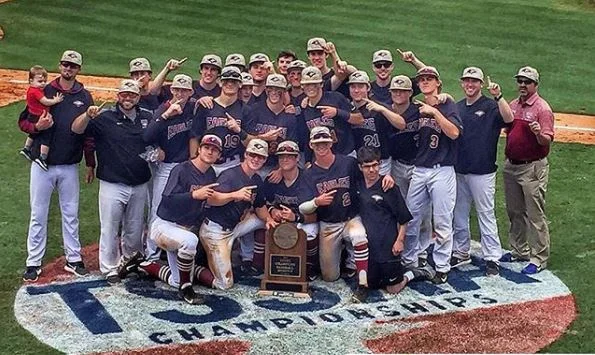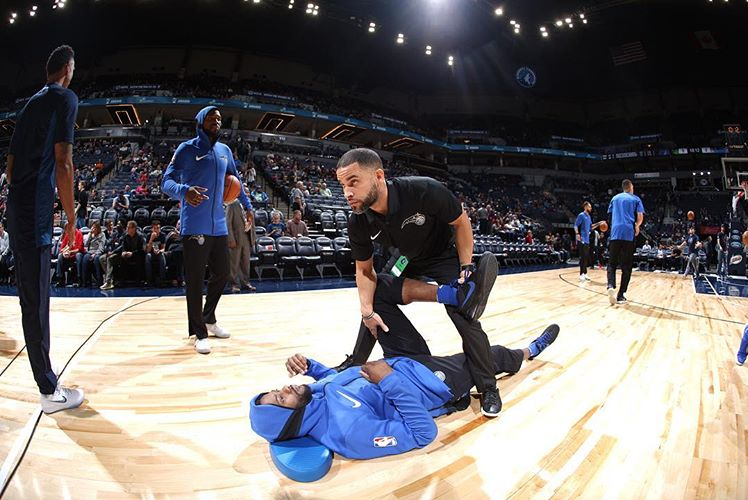How to End a Training Session
/If you’re a coach, you’ve probably led training sessions where athletes start off energetic and focused…but end the session sluggish and distracted. We’ve been there — and it’s frustrating! Luckily, Volt guest author Josh Heidegger, CSCS, is a strength and conditioning coach at the University of Southern California, and has some D1 strategies that coaches at any level can implement to help end your next session on a high note!
Read More
















